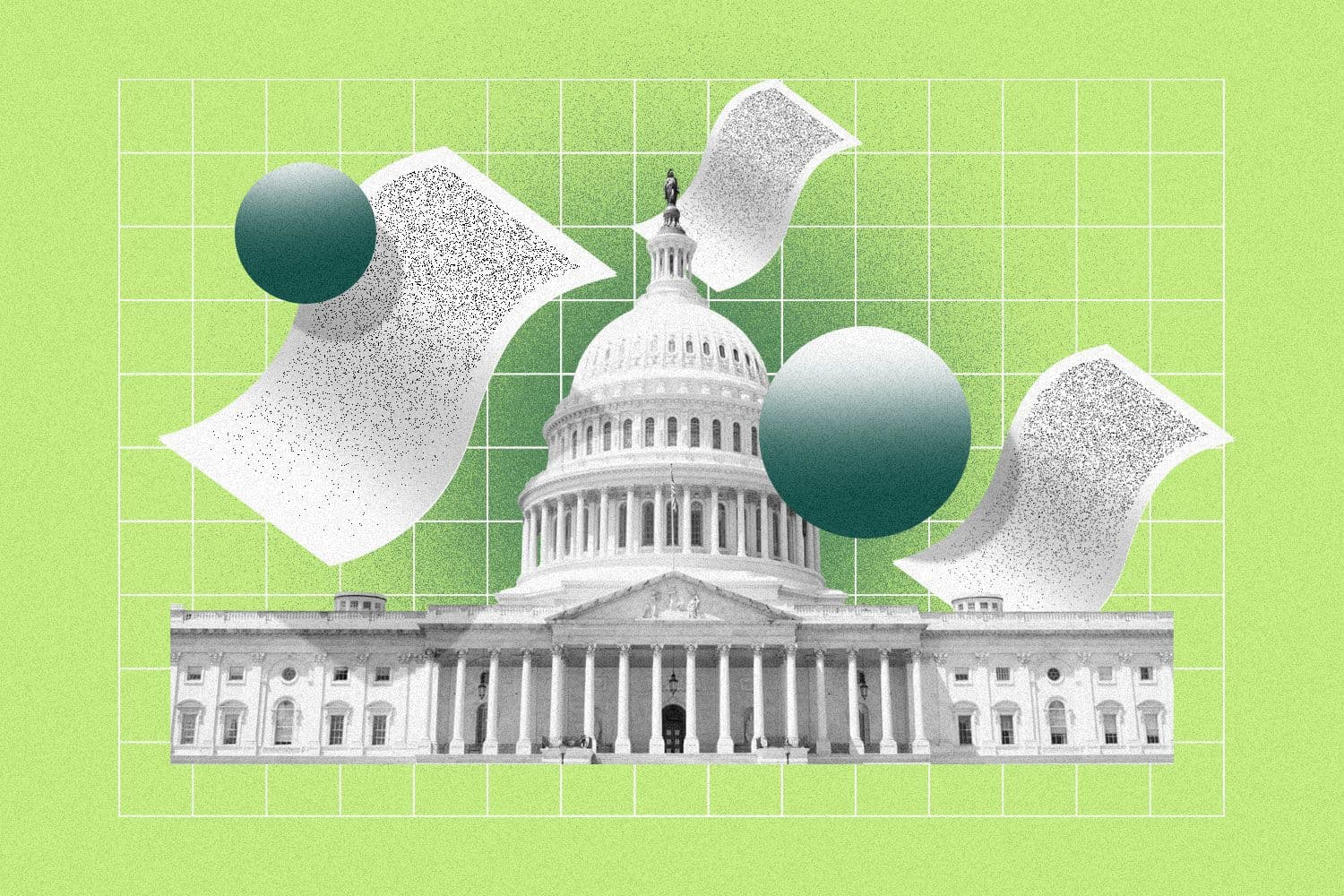Legislative lowdown: New paid sick leave laws take effect
California, Illinois, and Minnesota are among the states where sick leave policies took effect as of Jan. 1, 2024.

Francis Scialabba
• 4 min read
Courtney Vinopal is a senior reporter for HR Brew covering total rewards and compliance.
A handful of states are expanding their paid sick leave requirements in 2024, just as seasonal viruses—including Covid-19, flu, and respiratory syncytial virus (RSV)—are on the rise.
The US doesn’t have federally mandated paid sick leave, but more states and private employers started granting this type of leave with the onset of the pandemic, HR Brew previously reported.
Some 18 states and the District of Columbia currently have paid sick leaves on the books, according to tracking by Paycor. California, Illinois, and Minnesota are among the states where new paid sick leave policies took effect as of Jan. 1, 2024.
California expands paid sick leave. California employers must provide workers with five days, or forty hours, of paid sick leave annually under an amendment signed by Gov. Gavin Newsom in October, which took effect Jan. 1. That’s up from a minimum of three days previously required by the state.
The amended law also raised the limits and caps employers may place on paid sick leave. Businesses may now limit employees’ sick leave to 40 hours, up from 24 hours, and cap the amount of leave they accrue at 80 hours, or 10 days, up from 48 hours or six days annually.
Employers may frontload paid sick leave granted to workers at the beginning of the year, or accrue one hour of leave for every 30 hours worked.
The expanded paid sick leave law applies to businesses that employ at least one worker in California for at least 30 days within a year. It excludes some employees, such as those covered by certain collective-bargaining agreements.
Minnesota grants more workers “earned sick and safe time.” Effective Jan. 1, employees who work at least 80 hours in a year for an employer in Minnesota can accrue up to 48 hours, or six days, of “sick and safe” leave. This leave may be used if an employee is sick or has to care for a sick family member, or for a variety of other reasons, such as if an employee is seeking safety from domestic violence or sexual assault, or if a family member’s school or care center closes due to inclement weather.
Quick-to-read HR news & insights
From recruiting and retention to company culture and the latest in HR tech, HR Brew delivers up-to-date industry news and tips to help HR pros stay nimble in today’s fast-changing business environment.
Employers must provide one hour of sick and safe leave for every 30 hours an employee works. Though the expanded sick time doesn’t apply to independent contractors, it does apply to part-time and temporary workers. An estimated 930,000 workers will gain paid sick leave under the law, according to state labor leaders, cited by Minnesota Public Radio.
Illinois law allows paid leave for any reason. Under Illinois’s amended Paid Leave for All Workers Act, which took effect Jan. 1, nearly all employees in the state are entitled to 40 hours, or five days, of paid leave for any reason each year. Workers can accrue one hour of paid leave for every 40 hours worked.
A previous version of the law granted Illinois employees paid sick leave for specific reasons. Under the amended law, employers can’t require their employees to provide a reason for their PTO request, nor make them find a replacement worker. Illinois is the third US state to allow paid leave for any reason, following Maine and Nevada.
“Paid Leave for All Workers means more protection and flexibility for workers in Illinois," Illinois Department of Labor Director Jane Flanagan said in a statement. “This new law allows workers to step away from work and answer when the unpredictability of life comes calling without the threat of losing pay or their job.”
Workers can start using their accrued PTO on March 31, 2024, or 90 days after they start employment. There are some workers exempted from the law, such as short-term college or university employees and those covered by collective bargaining agreements in the construction industry.
Quick-to-read HR news & insights
From recruiting and retention to company culture and the latest in HR tech, HR Brew delivers up-to-date industry news and tips to help HR pros stay nimble in today’s fast-changing business environment.